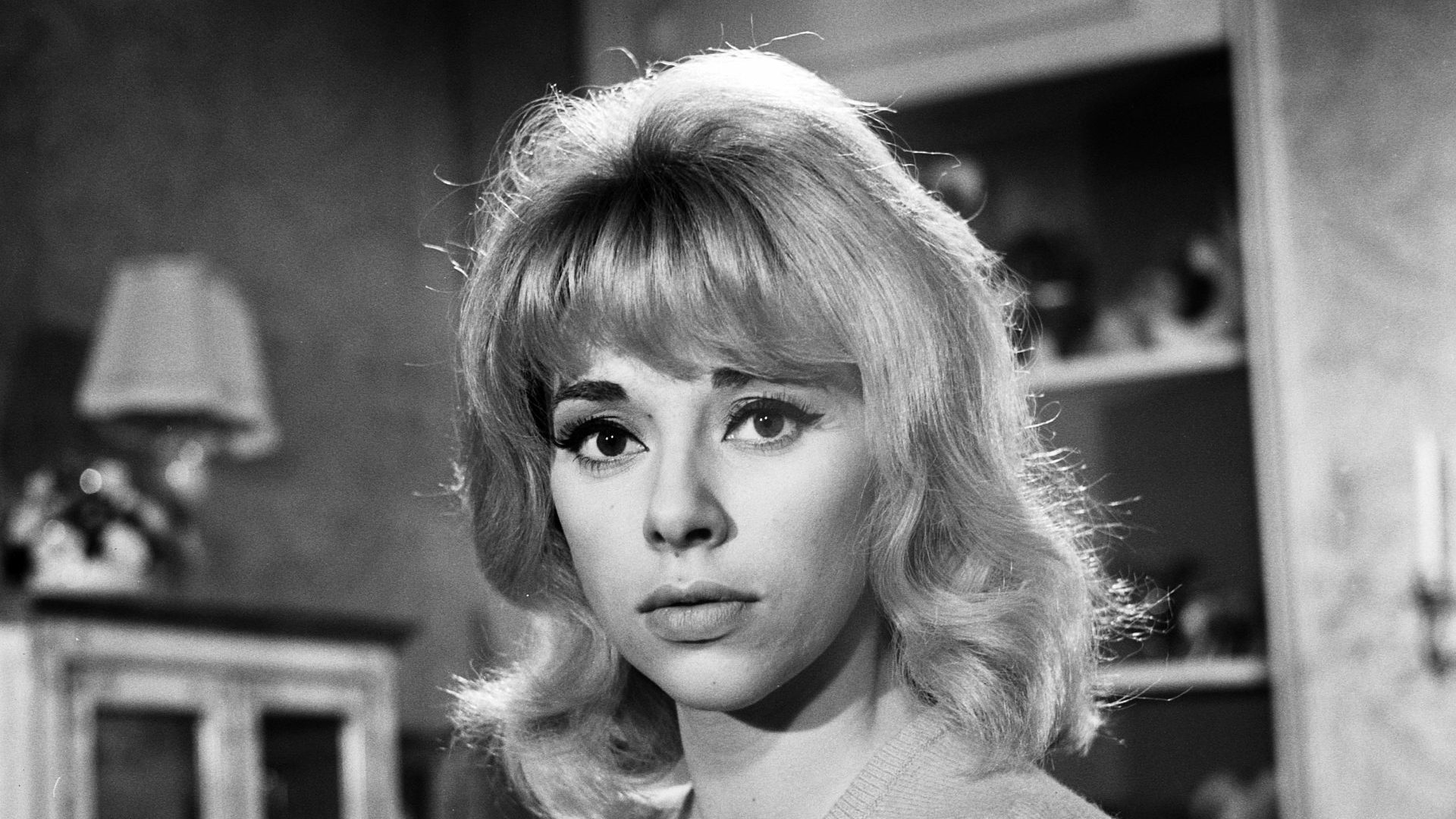One afternoon when Mireille Aigroz was six years old, her father, Marcel, instructed her to follow him up to the attic of their Toulon home, where he had slung a rope over an exposed roof beam. “Take a good look, Mireille,” he said, tying one end of the rope into a noose. “I am going to hang myself here and it is all because of you.”
The girl had long noticed that while her father doted on her two older brothers he was always cold towards her. No matter how hard she tried to be good, or to make him smile, she could draw not a trace of warmth out of Marcel. Occasionally she would hear him whisper “bâtarde” out of the side of his mouth as she passed and while she didn’t know what it meant it was clearly not a term of endearment.
The attic scenario was something very different. Mireille didn’t understand what she could have done to provoke her father into taking his own life but it had to be her fault somehow. Tearfully she begged him to stop, knowing she was ultimately powerless.
Marcel Aigroz had no intention of killing himself. He’d come up with this new level of cruelty earlier that day when fetching something from the attic, a new way of venting his anger and shame on the girl he was raising as a daughter, despite her being the result of his wife Gabrielle’s affair with another man.
“I was an accident in my mother’s life which left everyone in a state of suffering,” Mireille Darc wrote in her memoir nearly 70 years later. “My father couldn’t stand me, to him I represented only infidelity, and my mother couldn’t love me in case it appeared she was loving another man through me.”
Years would pass before Darc learned the truth behind the incident in the attic and the parental coldness that blighted her upbringing: her biological father was a sailor who had passed through the Mediterranean port town and later drowned when his ship went down in the Indian Ocean.
The cruelty of her upbringing could have left Mireille Darc struggling to form healthy relationships in later life, yet when it came to her final illness, the two most significant men in her life – Alain Delon, with whom she had a 15-year relationship, and her husband for the last 15 years of her life, Pascal Desprez – sat together at her bedside and subsequently side by side at her funeral, emerging from the church holding each other up in their grief.
She even built a screen career playing downtrodden women who retained an inner warmth and kind heart, sex workers and gangsters’ molls who, despite everything life threw at them, were still able to see the innate goodness in humanity.
Through hard work and determination she forged an exalted presence in the French screen canon, pitched somewhere between Brigitte Bardot and Catherine Deneuve, possessing attributes of both yet claiming her own space in the world and on the screen.
None of this played out under her father’s name. She became Mireille Darc as soon as she left Toulon for Paris in her late teens; there was no way she was going to make her mark with that man’s name as a millstone around her neck. Instead she adopted Darc, inspired by Jeanne D’Arc, a new name for a new start in a new city.
Breaking the shackles of her abusive family home would not be the end of her troubles, however. There would be persistent ill-health, open-heart surgery and a 1983 car accident that curtailed her screen career. Yet despite being given every opportunity to descend into a well of bitterness while railing against the fates, Darc remained focused on the good things in the world, determined to be the antithesis of the man who raised her.
From the moment she arrived in Paris she was willing to take on any job to help pay for her acting classes, from photographic modelling to walking the dogs of an ageing countess. It worked too, establishing herself during the early 1960s through a string of sex comedies and slapstick capers as part of director Georges Lautner’s regular screen troupe, where she honed her screen presence and innate gift for comic timing.
Her performance as the eccentric wife of a business mogul in 1963’s Pouic-Pouic was her breakout lead role, followed soon after by Monsieur, in which she played a prostitute who prevents Jean Gabin’s character from taking his own life.
Determined to follow her own path, Darc resisted becoming part of the nouvelle vague until 1967, when she starred in Jean-Luc Godard’s biting satire of the French urban middle classes, Weekend, in which she and screen husband Jean Yanne undertake a road trip through rural France that descends into farce, murder and, ultimately, cannibalism.
Used to working among the camaraderie and familiarity of the Lautner stable, Darc found Godard a contrasting proposition from their first encounter.
“The meeting takes place and Godard barely speaks to me, looking exasperated behind his big glasses,” she recalled. “And yet, yes, he agrees, we are going to work together. On what? He won’t tell me. Maybe he doesn’t know yet. When I ask him why he is consenting to make this sacrifice his answer chokes the laughter in my throat: ‘Because I don’t like you. I don’t like the characters you play in your films and I don’t like who you are in real life. It’s because the character in my film must be unpleasant too’.”
Despite this unpromising start, Darc produced arguably the performance of her career in Weekend, certainly the one for which she became best known.
Yet it was a single scene in a later film that would become her ultimate screen legacy. In 1972’s Le grand blond avec une chaussure noire, Darc’s character opens the door to the film’s hero wearing an elegant black Guy Laroche ballgown and turns to walk back into the apartment, revealing the dress as having a plunging backline that plunges further than any backline has plunged before. So famous did the scene become that to this day the dress is on display at the Musée des Arts Décoratifs in Paris.
When Darc’s 1983 car accident left her in a Geneva hospital for three months ahead of a long recuperation, it triggered a dramatic reduction in her screen appearances. Instead she spent her final years behind the camera, making a string of hard-hitting documentaries for French television about social issues such as homelessness, grief and the plight of women in prison.
Despite persistently failing health she remained in the public eye, receiving the Légion d’honneur in 2006 and reuniting with Delon on stage in 2007 for an adaptation of The Bridges of Madison County, recreating the magic that had made them France’s most glamorous couple of the 1970s.
By then walking with a stick, in 2015 she reflected on the remarkable life she had built from cruel beginnings.
“I prefer to smile than to complain,” she said. “I find it is easier that way.”




